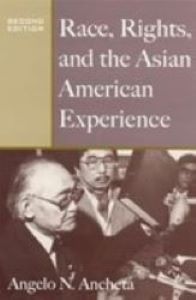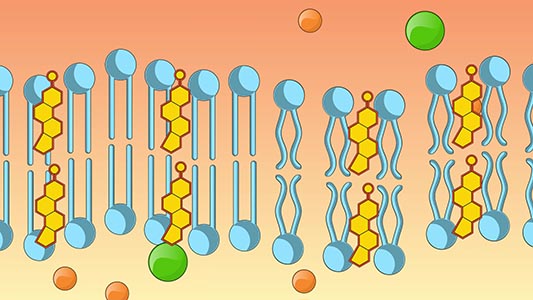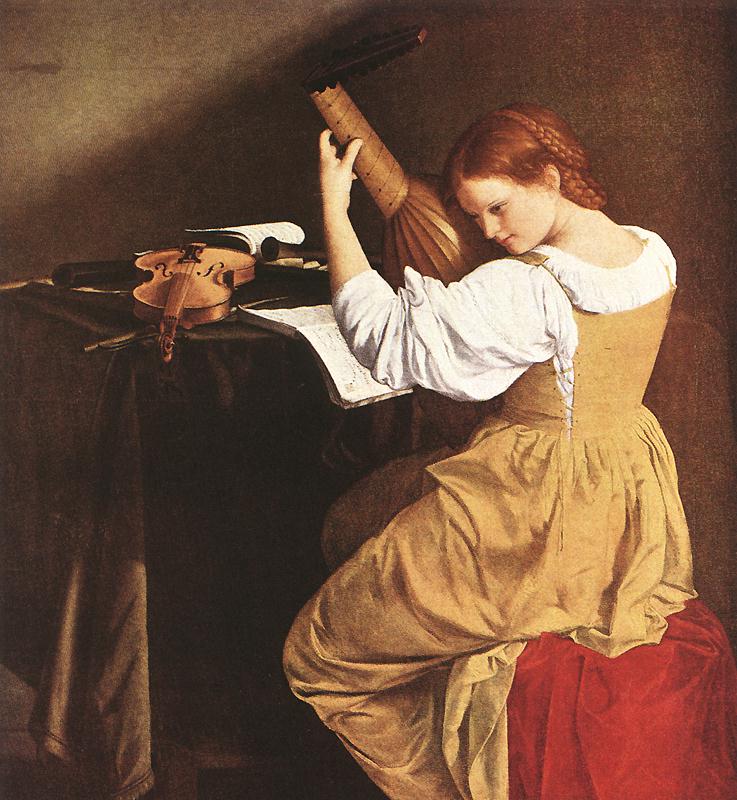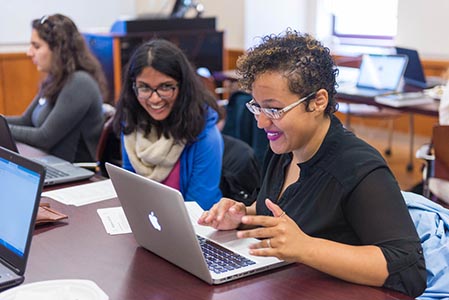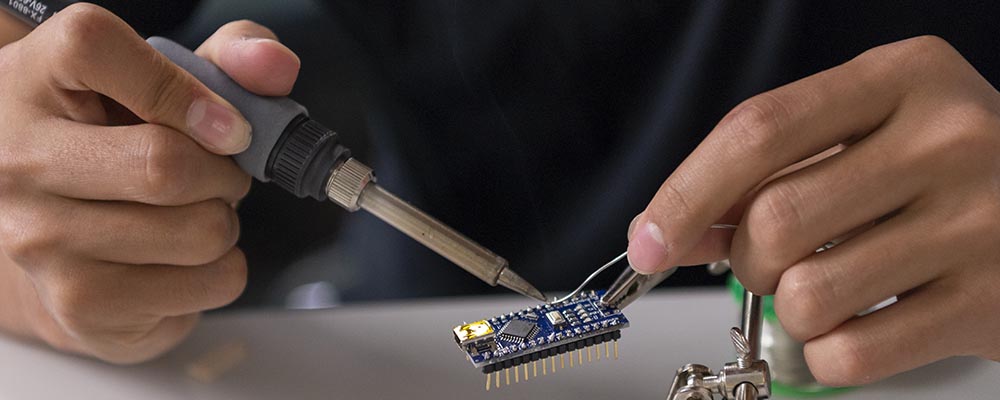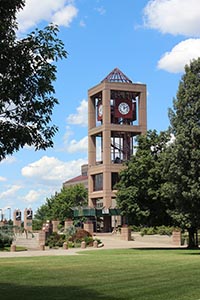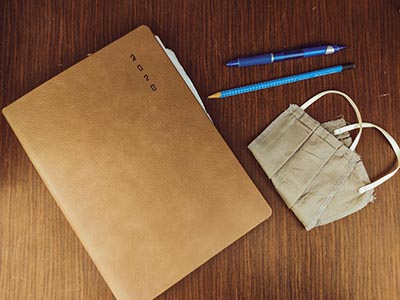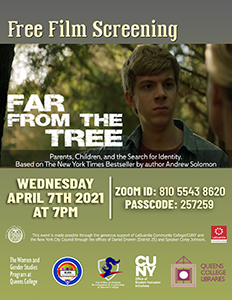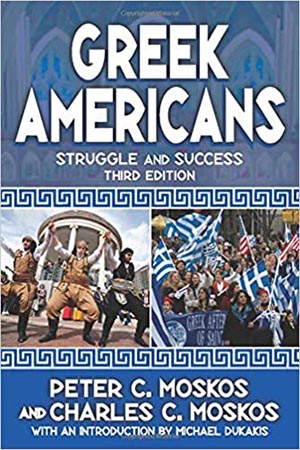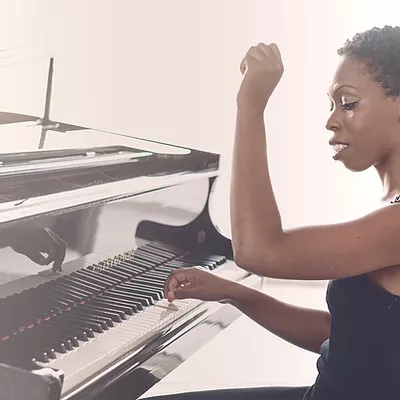To celebrate Asian/Pacific American Heritage Month in May 2021, the Library is showcasing a research guide on Asian/Pacific American studies curated by our Asian Studies librarian Prof. Joan Xu, which features ebooks and other e-resources!
Some History & Background
In 1978, Asian/Pacific American Heritage Month was first declared to commemorate two important milestones in Asian/Pacific American history: the arrival in the United States of the first Japanese immigrants (May 7, 1843) and contributions of Chinese workers to the building of the transcontinental railroad, completed May 10, 1869.
Asian Americans is a term for immigrants who came from the continent of Asia, and for the modern Americans who are descended from them. Asian immigrants are diverse in their ethnicity, religion, and politics, but they share the experience of leaving their homes to come to the U. S. to make a new life, enriching it by bringing their varied cultures with them. Asian alone-or-in-combination residents in the United States are the fastest-growing race group from 2000 to 2019. The estimated number of Asian Americans in 2019 was almost 23 million (US Census Bureau and Asian Pacific American Heritage Month).
Resource Highlights!
Here are some highlights from our research guide for Asian/Pacific American Heritage Month – digital archives, streaming videos, and ebooks!
- Smithsonian Asian American Arts Spotlight – Digital archive about American artists of Asian heritage
- How the First Asian American Marine Officer Overcame Racism – Streaming video about Lieutenant Chew-Een Lee
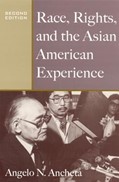
Race, Rights, and the Asian American Experience by Angelo N. Ancheta – New Brunswick, N.J.: Rutgers University Press. 2006
Angelo N. Ancheta demonstrates how United States civil rights laws have been framed by a black-white model of race that typically ignores the experiences of other groups, including Asian Americans.
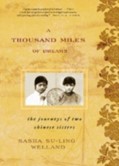
A Thousand Miles of Dreams by Sasha Su-Ling Welland – Lanham, Maryland: Rowman & Littlefield Publishers, Inc., 2007
A Thousand Miles of Dreams is an evocative and intimate biography of two Chinese sisters who took very different paths in their quest to be independent women.
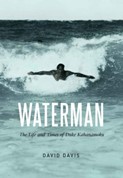
Waterman by David Davis – Lincoln, Nebraska: University of Nebraska Press, 2015
Waterman is the first comprehensive biography of Duke Kahanamoku (1890-1968): swimmer, surfer, Olympic gold medalist, Hawaiian icon, waterman. Long before Michael Phelps and Mark Spitz made their splashes in the pool, Kahanamoku emerged from the backwaters of Waikiki to become America’s first superstar Olympic swimmer.
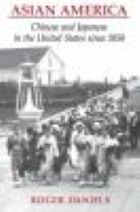
Asian America: Chinese and Japanese in the United States since 1850 by Roger Daniels – Seattle: University of Washington Press, 2011.
“In this important and masterful synthesis of the Chinese and Japanese experience in America, historian Roger Daniels provides a new perspective on the significance of Asian immigration to the United States.”
